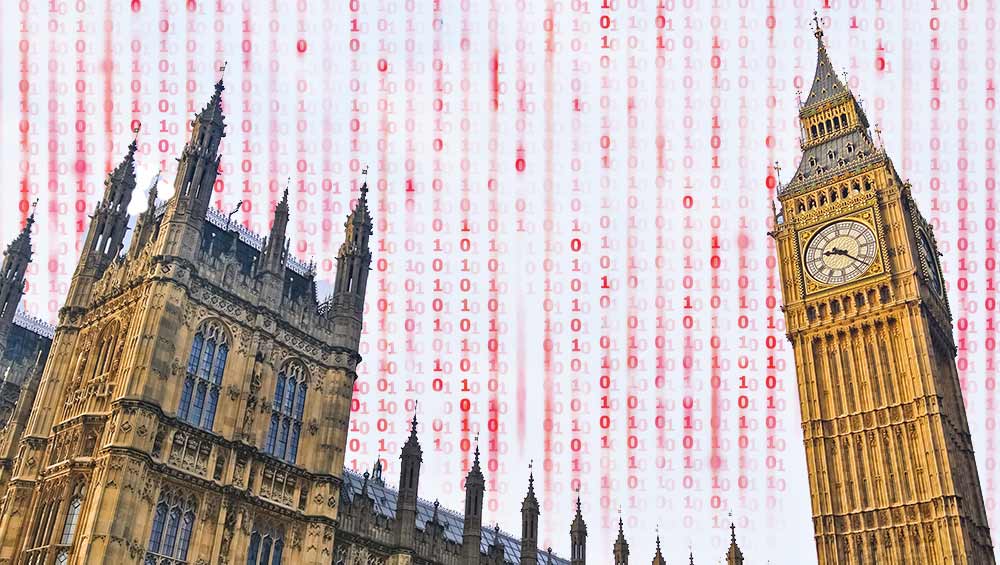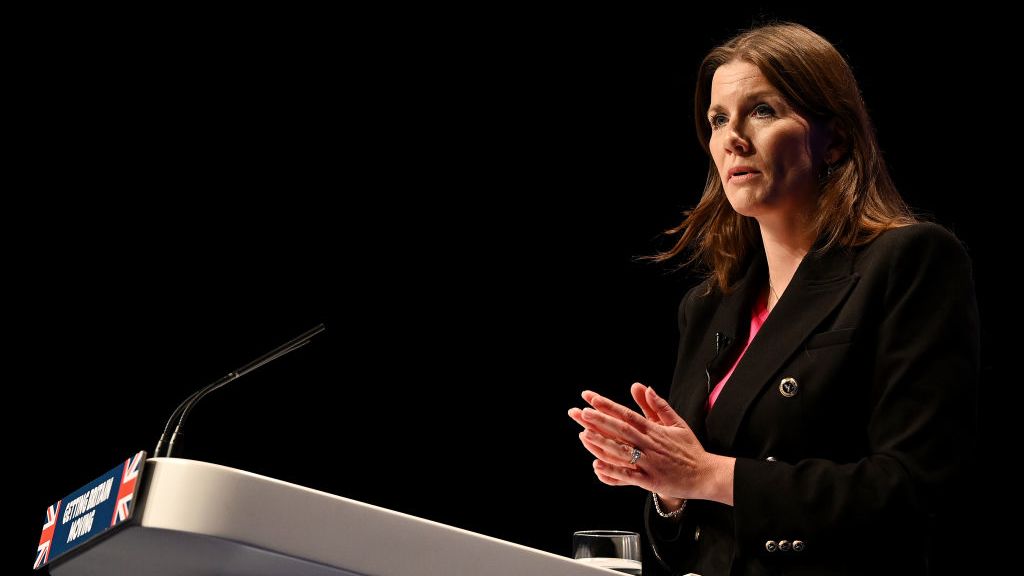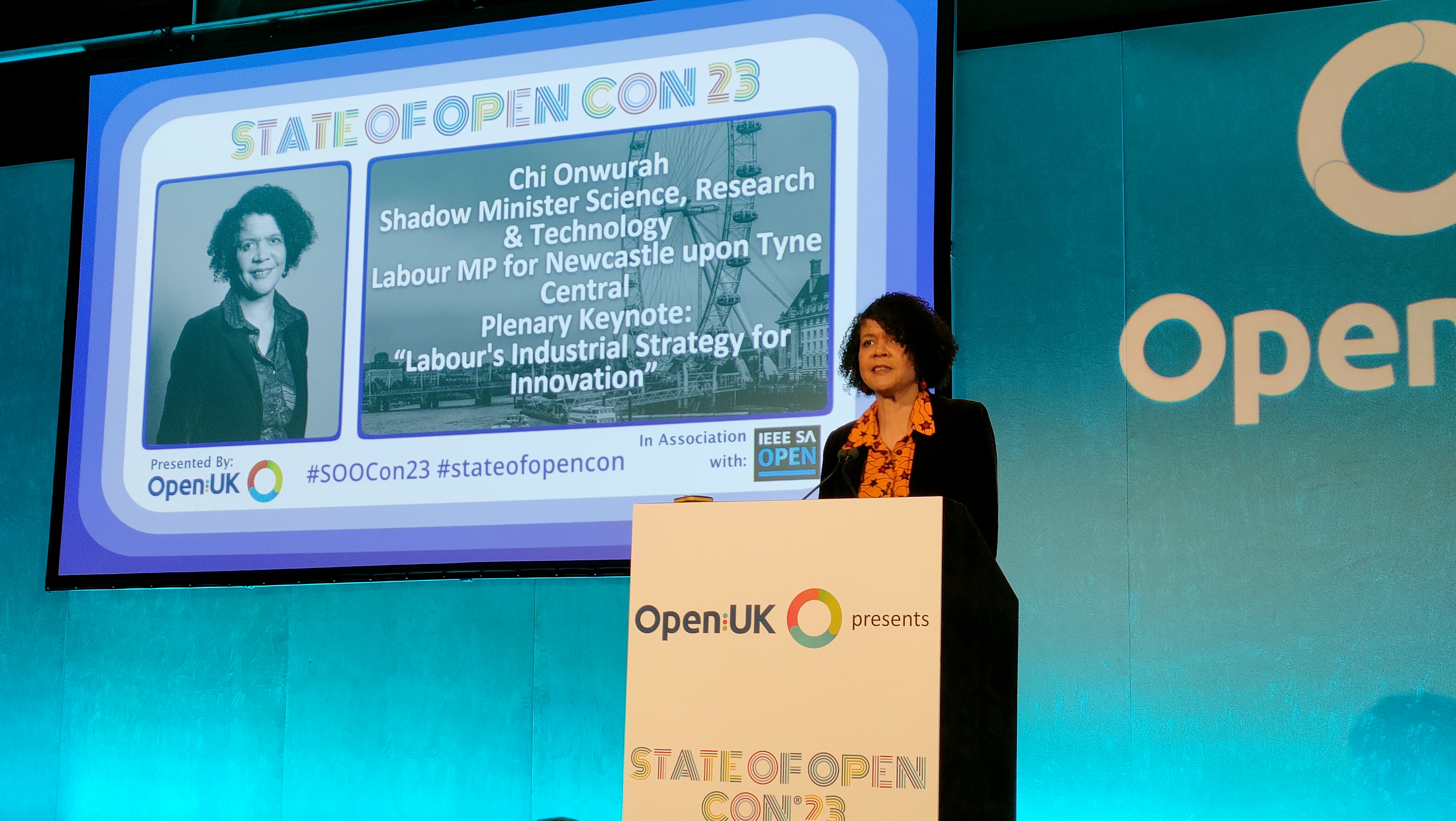MPs accuse Facebook, Google and Twitter of "peddling hate"
Web giants raked over the coals by MPs over their failure to prevent online abuse


MPs have said Google, Facebook and Twitter of have a "terrible reputation" when it comes to removing hate speech and protecting users from abuse online.
MPs had hauled in representatives from the web giants to be hauled over the coals for failling to address online hate speech.
Labour MP Chuka Umunna accused YouTube of making advertising money from "videos peddling hate", noting that ISIS supporters were posting videos and tagging them to run ads, meaning both the terrorist supporters and Google made cash from the content.
Google's head of public affairs in Europe, Peter Barron, admitted that was true, but said Google was "working very hard" to stop it from happening.
That led MP David Winnick to compare the companies to prostitutes, adding: "I think that is a good and apt description."
Other politicians took aim at Facebook and Twitter. Labour MP Yvette Cooper said she'd personally reported accounts threatening violent attacks, but the users remained online. Nick Pickles, head of public policy at Twitter, said the accounts would be down by the end of the day, and said his employer was trying to do more to address such concerns a defence Cooper said wasn't "particularly convincing".
"We understand the challenges that you face and technology changes very fast, but you all have millions of users in the United Kingdom and you make billions of pounds from these users, [yet] you all have a terrible reputation among users for dealing swiftly with content even against your own community standards," she added, according to a BBC News report.
Get the ITPro daily newsletter
Sign up today and you will receive a free copy of our Future Focus 2025 report - the leading guidance on AI, cybersecurity and other IT challenges as per 700+ senior executives
Regarding one specific video reported by Cooper, Barron said he found the content personally offensive, but that it wasn't illegal or against Google's guidelines. "But the important question and this is a question relating to the wider issues of freedom of expression is: is that content illegal and does it break our guidelines?" he said, according to a Sky News report. "And our policy and legal experts arrived at the conclusion that, no, it didn't."
The MPs also criticised social networks for failing to stop banned users from setting up new anonymous accounts to continue their bullying and abuse. Pickles noted that asking users to hand over real names may put them at risk offline, noting that people running accounts in Syria have been murdered for using Twitter to speak up. "I am not going to ask those people to put their real name to that account and those tweets," he said, according to the Daily Mail. "Yes anonymity is a challenge but also that's why we have rules - it doesn't matter whether we have your real name or not."
The Sky News report noted that the government is considering following Germany's lead in fining companies 50 million for not taking down hate speech quickly enough.
Freelance journalist Nicole Kobie first started writing for ITPro in 2007, with bylines in New Scientist, Wired, PC Pro and many more.
Nicole the author of a book about the history of technology, The Long History of the Future.
-
 Cleo attack victim list grows as Hertz confirms customer data stolen
Cleo attack victim list grows as Hertz confirms customer data stolenNews Hertz has confirmed it suffered a data breach as a result of the Cleo zero-day vulnerability in late 2024, with the car rental giant warning that customer data was stolen.
By Ross Kelly
-
 Lateral moves in tech: Why leaders should support employee mobility
Lateral moves in tech: Why leaders should support employee mobilityIn-depth Encouraging staff to switch roles can have long-term benefits for skills in the tech sector
By Keri Allan
-
 UK financial services firms are scrambling to comply with DORA regulations
UK financial services firms are scrambling to comply with DORA regulationsNews Lack of prioritization and tight implementation schedules mean many aren’t compliant
By Emma Woollacott
-
 What the US-China chip war means for the tech industry
What the US-China chip war means for the tech industryIn-depth With China and the West at loggerheads over semiconductors, how will this conflict reshape the tech supply chain?
By James O'Malley
-
 Former TSB CIO fined £81,000 for botched IT migration
Former TSB CIO fined £81,000 for botched IT migrationNews It’s the first penalty imposed on an individual involved in the infamous migration project
By Ross Kelly
-
 Microsoft, AWS face CMA probe amid competition concerns
Microsoft, AWS face CMA probe amid competition concernsNews UK businesses could face higher fees and limited options due to hyperscaler dominance of the cloud market
By Ross Kelly
-
 Online Safety Bill: Why is Ofcom being thrown under the bus?
Online Safety Bill: Why is Ofcom being thrown under the bus?Opinion The UK government has handed Ofcom an impossible mission, with the thinly spread regulator being set up to fail
By Barry Collins
-
 Can regulation shape cryptocurrencies into useful business assets?
Can regulation shape cryptocurrencies into useful business assets?In-depth Although the likes of Bitcoin may never stabilise, legitimising the crypto market could, in turn, pave the way for more widespread blockchain adoption
By Elliot Mulley-Goodbarne
-
 UK gov urged to ease "tremendous" and 'unfair' costs placed on mobile network operators
UK gov urged to ease "tremendous" and 'unfair' costs placed on mobile network operatorsNews Annual licence fees, Huawei removal costs, and social media network usage were all highlighted as detrimental to telco success
By Rory Bathgate
-
 Labour plans overhaul of government's 'anti-innovation' approach to tech regulation
Labour plans overhaul of government's 'anti-innovation' approach to tech regulationNews Labour's shadow innovation minister blasts successive governments' "wholly inadequate" and "wrong-headed" approach to regulation
By Keumars Afifi-Sabet